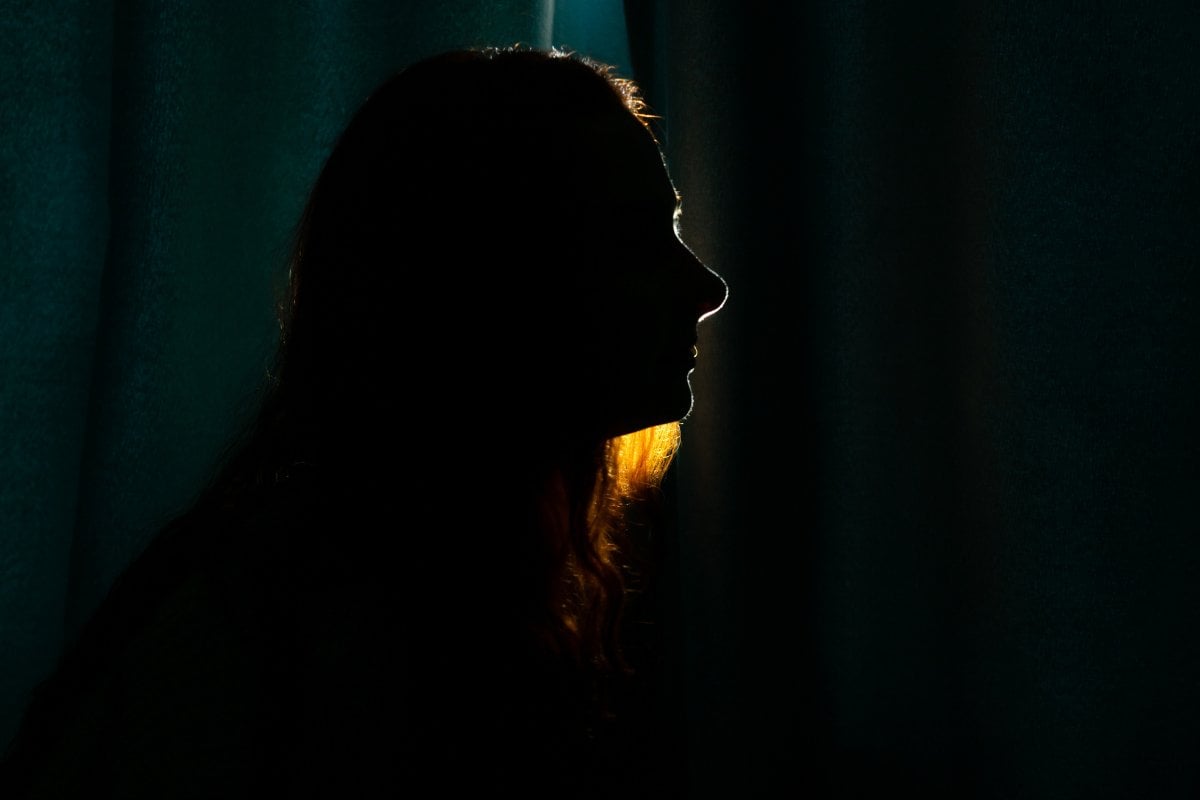
This post deals with domestic abuse and could be triggering for some readers.
This weekend, four years since my abusive ex-husband and I separated, I attended an event he was also at. The host, an old friend of mine, hadn't thought to tell me he'd be there. I had no opportunity to decline the invitation or to prepare myself mentally for the encounter.
Watch: Coercive control is a deliberate pattern of abuse. Post continues below.
When I saw him, I left immediately because my heart started pumping so hard I thought I was having a heart attack and felt like I was going to pass out. After some time sitting in the car talking to my boyfriend and bestie on the phone, I went back in for an hour just to show myself I could.
Reflecting on all that later, here's what I learned:
- Despite thinking I'd dealt with my fear, my body recognised danger and went into a fight/flight response. I trusted that response at the moment but am pleased I thought through the situation logically.
- I now know my friend still doesn’t believe what happened to me. She never did.
- Some friends are best let go.
After my ex-husband and I separated, a counsellor helped me to understand what had been happening to me. When she first referred to it as 'emotional abuse', I was shocked. After a while, I spoke about it but some friends didn't believe me. They couldn't accept my ex as the person I was describing and found it easier to nullify and deny my lived experience.

Top Comments